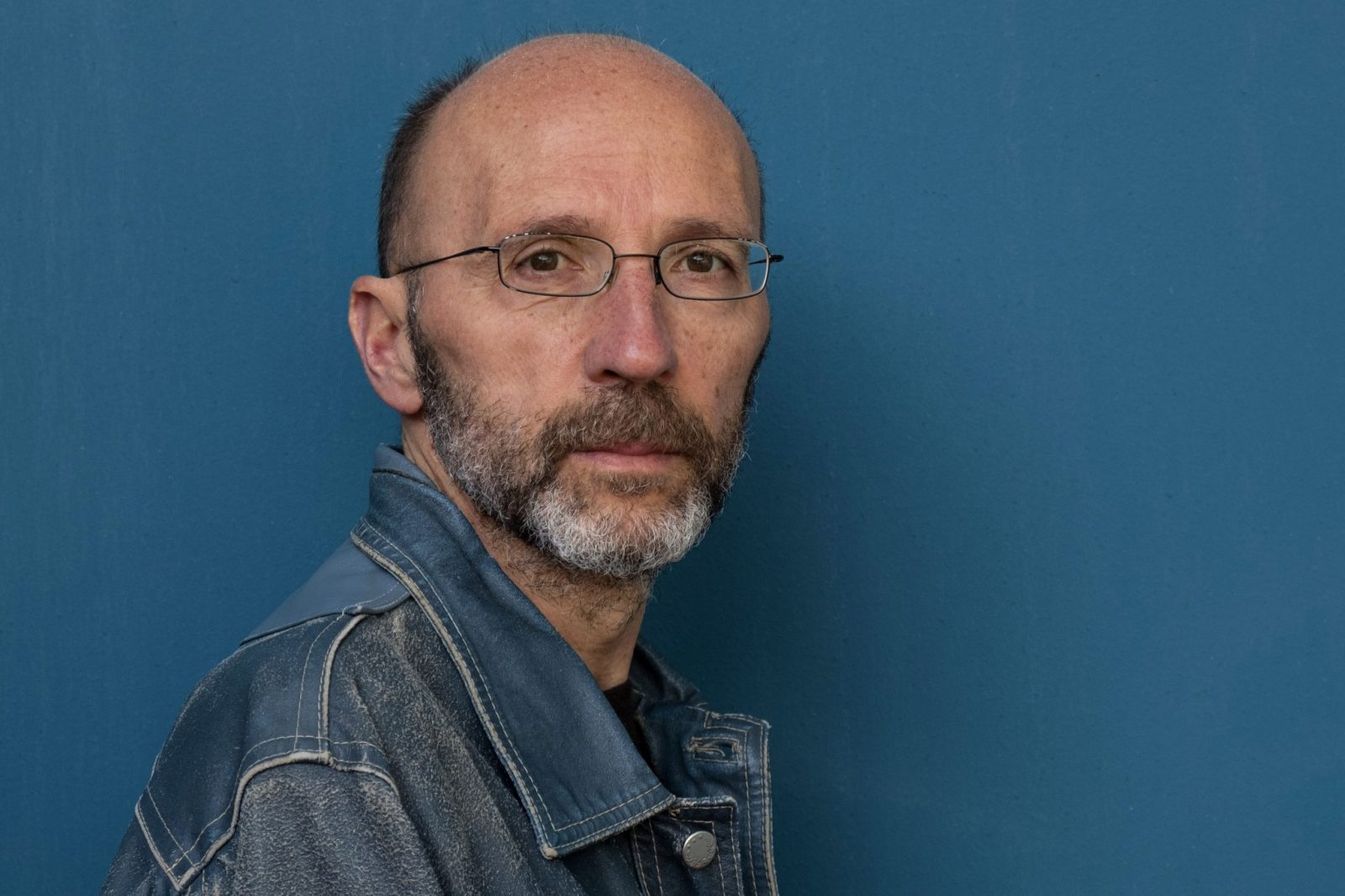JEWISH BOOK FESTIVAL – Kafka and “the beauty of uncomfortable literature” according to Italian writer Mauro Covacich

“It felt right to have this kind of reckoning with my model of a writer, especially my ethical model of writing,” Italian writer Mauro Covacich explained to Pagine Ebraiche. That is why, at his publisher’s invitation and in the centennial year of Franz Kafka’s death, he decided to engage with Kafka’s works in an original way through this latest book, Kafka (La nave di Teseo). This work, which he introduced at the Jewish Book Festival in Ferrara, is not meant to be an exhaustive essay. “I’m not a German scholar, and I don’t want to pretend to be one. What I aim to explain is the personal impact Kafka’s writing has had on me.” At the opening of the book, he captures this impact, which he sums up by Kafka’s own words in a letter, written as a teenager, to his friend Oscar: “If the book we are reading doesn’t wake us with a blow to the head, what’s the point of reading it?” “That,” Covacich explained, “is the beauty of literature. The beauty of Kafka: he takes you to places you would rather not go. His writing is uncomfortable and brave. It wakes you up.”
Jewishness and Jewish identity
If writing requires courage, then one must be willing to take risks. “I took several in this book. One is related to Kafka’s Jewish identity. I refer to it as the ebreità del vivente [the Jewishness of the living, in which the Italian word ebraicità, commonly used, is bend to a new meaning].
Kafka is often associated with the concept of guilt, and when reading works like The Judgment or The Castle, I had the sense that guilt was not just linked to sin, as it is in Christianity, but was intrinsic to being alive. It seems to me that Kafka viewed guilt as an ontological stigma. In this direction, I connected his vision to a universal condition of suffering, which I have called the ebreità del vivente. I was also inspired by Umberto Saba’s poem – ‘In a goat with a Semitic face / he felt every other sorrow / every other life complain’ – where the goat becomes a symbol of universal suffering, almost Leopardi-like, transcending the individual.”
When asked how much Kafka’s worldview is tied to his Jewish identity, Covacich pointed out that “Kafka was agnostic and, as he himself said, didn’t feel part of any community, not even of himself. Even though toward the end of his life he showed an interest in Hasidism, I cannot say with certainty that his worldview came entirely from his Jewishness. Rather, it might be a more universal trait in his view of existence.”
Exploring non-belonging
A century after Kafka’s death, it is inevitable to ask whether his work still speaks to today’s readers. “Kafka is relevant for many reasons,” Covacich pointed out. “One of them is his ability to articulate the experience of non-belonging, the feeling of not fitting into a language or a community. These themes resonate strongly with today’s youth, who often experience similar feelings. An article in the New York Times mentioned how many young people see themselves in Gregor Samsa (the protagonist of The Metamorphosis), in the struggle to get out of bed, to find meaning in their day, to recognize themselves in their own bodies or sexual orientation.”
Another reason Kafka’s work may resonate with younger generations is its radical nature. “His writing, with its stark contrasts, its black-and-white extremes, and its uncompromising tone, mirrors the intense feelings of late adolescence.”
Countering the hypnosis of modern entertainment
Covacich also sees Kafka as an antidote to modern entertainment. “From streaming platforms to books, there’s a massive industry that pushes us to passively consume content. David Foster Wallace prophetically identified this in 1996 in his novel Infinite Jest: society is hypnotized by this endless entertainment.” Kafka’s works, on the other hand, are the opposite of this. “His writing doesn’t let you get comfortable; it forces you to face the unknown and unresolved narratives. There’s never a clear or definitive answer in his stories, and that to me is a valuable gift.” Covacich described Kafka’s works as a “cure-all” because they still allow readers “to grapple with mystery and enigma. We do not know why poor K. (The Castle) is not allowed to be a land surveyor, even though he is fully qualified. We do not know why Josef K. (The Judgment) can’t defend himself in a trial where he doesn’t even know the charges or where the trial will take place.”
Daniel Reichel
Photo Rino Bianchi
